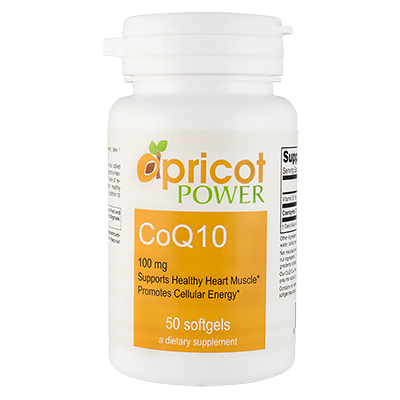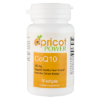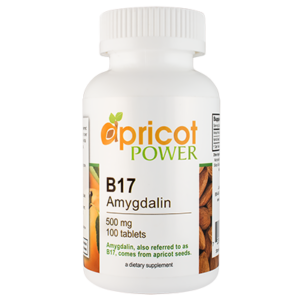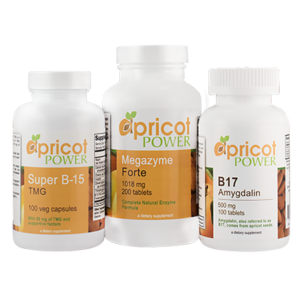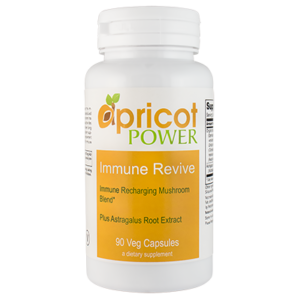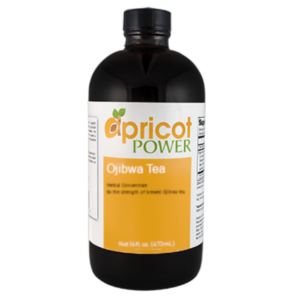CoQ10 is actually a coenzyme, a compound which must be present for an enzyme to function. This compound is produced naturally in the body and is concentrated in most major organs, especially the heart.
CoQ10 is best known for its ability to support cardiovascular health, but CoQ10 is also helpful in the support of other functions performed in the body. It metabolizes fats and carbohydrates in the mitochondria, the energy production center of all cells, helping generate cellular energy and ultimately helping support energy levels in the body.
Why is it a good idea to supplement with CoQ10?
As we age, the body slows down its natural production of CoQ10. CoQ10 is something our body wants to supply us with but may not be able to.
Maintaining the proper levels of CoQ10 is necessary to our long-term health and:
- Helps maintain flexibility of cell membranes
- Supports tissue oxygenation
- Supports the immune system
CoQ10 can be supplied in the diet but may be beneficial in amounts larger than can be obtained from food. It is found in:
- Meat/ fish
- Vegetable oils: soybean, olive, grapeseed
- Avocado, spinach, parsley
- Some nuts/seeds
Supplementing with CoQ10 has been shown to be safe at high doses.
*Supplementing with CoQ10 may not be for everyone. It may interact with Statin prescription drugs. Diabetics need to monitor glucose levels closely while taking CoQ10.
Suggested Use: One softgel 1 to 2 times daily, preferably with meals. For additional support, take up to three softgels daily.
50 servings per container
1 softgel
Serving Size
Amount per serving
Not listed
Calories
Not listed
Calories From Fat
% Daily Value*
†
Coenzyme Q10 100 mg
100%
Vitamin E 30 IU
† Daily Value not established.
*Percent Daily Values are based on a 2,000 calorie diet.

